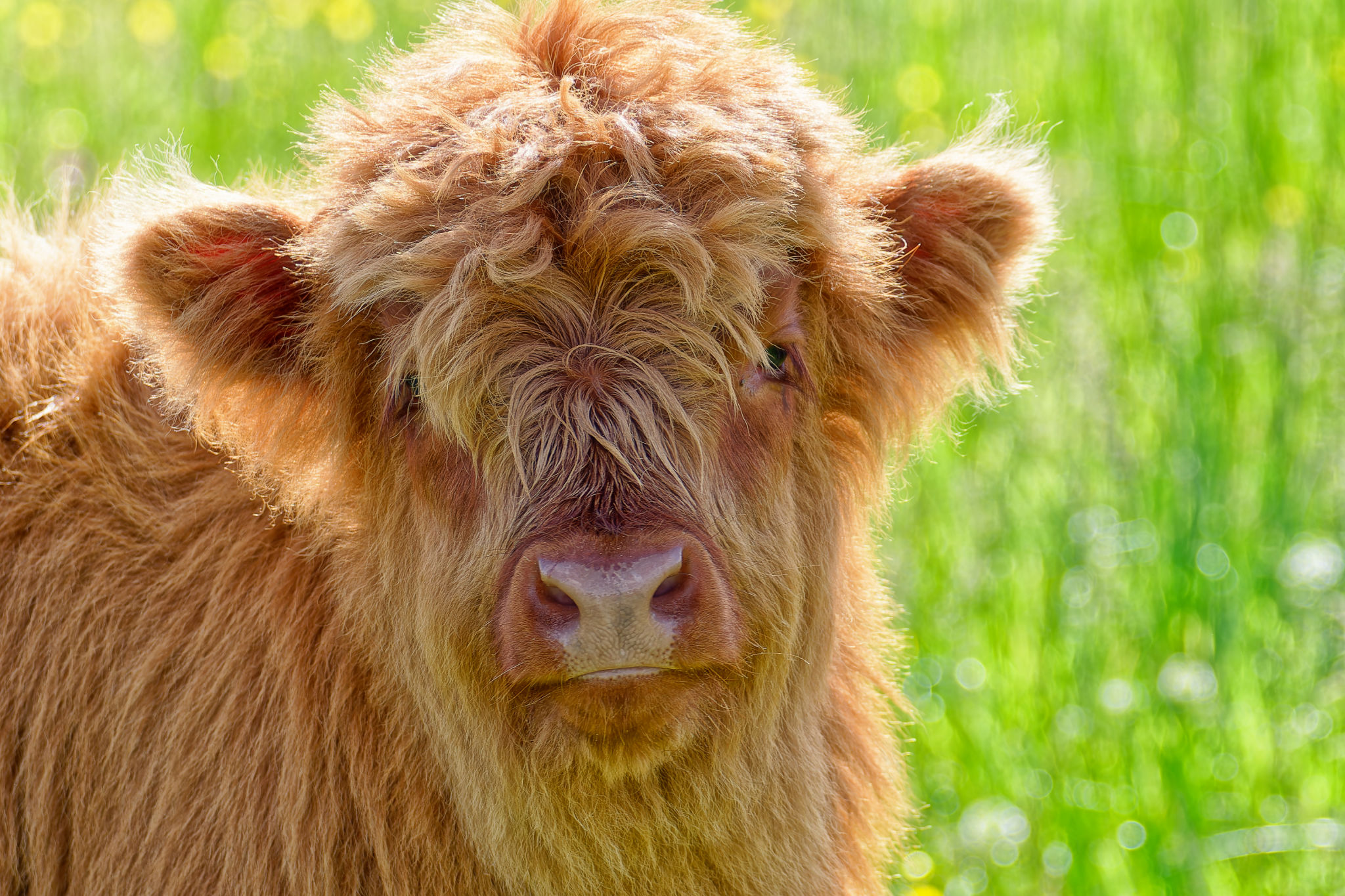Caring for Mini Highland Cattle Through Wisconsin's Seasons
Understanding Mini Highland Cattle
Mini Highland cattle are a charming and hardy breed, known for their distinct appearance and manageable size. Perfect for small farms, these cattle boast a gentle temperament and can adapt to various climates, making them well-suited for the diverse weather conditions of Wisconsin. Proper care through each season ensures they remain healthy and thrive in their environment.

Spring: Preparing for New Growth
As the snow melts and the pastures begin to green, spring is a time of renewal. Mini Highland cattle require a diet rich in nutrients to support new growth. Ensure they have access to quality pasture and consider supplementing with hay if necessary, especially during early spring when forage is still sparse.
Spring is also the time to check on their health. Schedule veterinary visits for vaccinations and deworming. It's important to inspect their hooves as they may have grown over the winter months. Trimming hooves will help prevent discomfort and mobility issues.
Summer: Managing Heat and Insects
Summers in Wisconsin can get warm, which means it's crucial to provide your Mini Highland cattle with ample shade and fresh water. These cattle are naturally equipped to handle cooler climates, so heat management is essential. Regularly clean water troughs to ensure they have access to clean drinking water.

Insect control is another summer priority. Flies and other pests can cause irritation and stress. Use fly repellents or install fly traps around the pasture. Ensure your cattle have access to grazing areas that are rotated regularly to minimize the buildup of parasites.
Autumn: Preparing for Cooler Weather
As temperatures begin to drop, it's time to prepare your Mini Highland cattle for the colder months ahead. Increase their hay intake as pasture quality declines. This additional nutrition will help them build up energy reserves for winter.
Check their coats and ensure they're growing sufficiently thick to provide insulation. Mini Highlands have a natural double coat that offers excellent protection against the cold, but monitoring is key to ensuring they remain warm enough as temperatures fall.
Winter: Ensuring Warmth and Nutrition
Winter in Wisconsin can be harsh, but with proper care, your Mini Highland cattle will remain healthy throughout the season. Provide them with a warm shelter that shields them from wind and snow. The shelter doesn’t need to be elaborate, but it should be dry and draft-free.

Nutritional needs increase during winter as cattle burn more calories to maintain body heat. Offer high-quality hay and consider supplemental grain if necessary. Always ensure that water sources are not frozen, using heated water troughs if possible.
General Care Tips
Regardless of the season, there are some general care tips that apply year-round:
- Regular Health Checks: Keep an eye on their overall health and behavior for any signs of illness.
- Fencing: Secure fencing is essential to prevent escapes and protect from predators.
- Pasture Management: Rotate grazing areas to maintain pasture health and reduce parasite loads.
Caring for Mini Highland cattle through Wisconsin's seasons requires attention to detail and a commitment to their well-being. With the right practices in place, these charming animals will flourish on your farm, providing you with years of enjoyment and companionship.